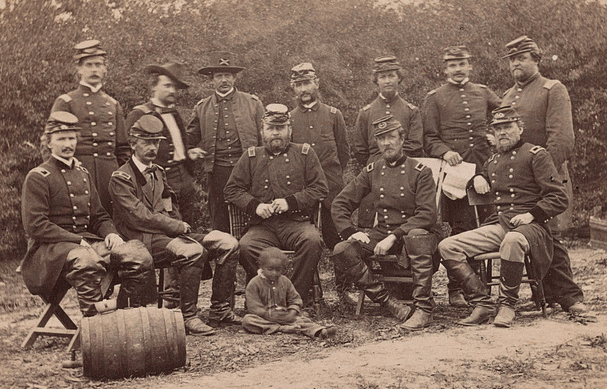Any Christian believer and any Constitutional conservative should be immensely thankful for the abolition of slavery and the freeing of the American slaves. Christ has torn down the dividing wall of hostility (Ephesians 2:14) and enslaved slavery (Ephesians 4:8). Our nation’s laws should reflect God’s laws, and any type of coerced labor or conscription of (whether race-based slavery or socialism) should be rejected as a violation of the 8th Commandment.
June 19th, also known as Juneteenth, is a day set aside to remember the emancipation of the slaves (the date is the day that General Order No.3 was read in Texas, informing them of the declaration). The day was first set as one of remembrance in the 1970s in the Republic of Texas, and since then, several efforts have been made to recognize the holiday nation-wide.
History is replete with brave men and women who sought to end slavery, convinced it was a vile moral evil incompatible with liberty and the Christian religion.
This is a brief survey of these leaders who led to events surrounding what we know as Juneteenth.
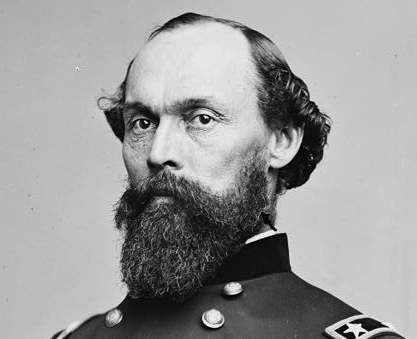
Gordon Granger was a Union general from Wayne County, New York, who was the military commander who issued the declaration in Texas. An already distinguished military officer prior to the Civil war, Granger originally served General George McClellan and then General Sturgis and General Nathaniel Lyon. He became a commander in the cavalry of the Army of Mississippi and the Army of Kentucky. He fought valiantly in the Battle of Chickamauga where he received his greatest accolades. After the war, he was given command over the territory held by the Republic of Texas and that’s when he read to them this declaration as his first act as commander:
The people of Texas are informed that in accordance with a Proclamation from the Executive of the United States, all slaves are free. This involves an absolute equality of rights and rights of property between former masters and slaves, and the connection therefore existing between them becomes that between employer and free laborer.
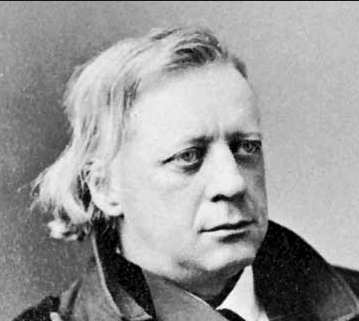
Henry Ward Beecher was a prominent minister from New York (originally, Connecticut) who championed the cause of abolitionism more than most other leading figures of the era. Although not without failings of his own (he supported Darwinism, a demonstrably wrong biological theory that led some to adopt policies of genocide and eugenics and was reportedly an adulterer), Beecher rallied Christians to help free the slaves.
In 1863, President Lincoln sent Beecher on a speaking tour, promoting the ideology of abolitionism in the name of Christ and get support from Europe’s faithful on behalf of the Union. Without his contributions, the many people of faith who sided rightly on this issue might have remained unconvinced.
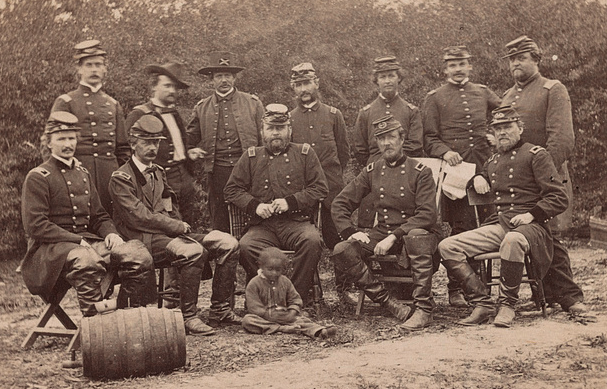
There is no doubt that the Union forces were out-matched in terms of military experience. The leading generals in the United States military were from the South, benefiting from the tradition and training of West Point. There is also little doubt, from the perspective of military history, that Confederate generals like Jackson, Forrest, and Lee far surpassed their Union counterparts in strategic brilliance. Ultimately, however, the war would not won by the prowess of leadership, but by the greater numbers and industrial supply-chain of the North.
Union generals were largely ill-equipped in terms of experience in warfare but fought bravely for the cause of abolition nonetheless. These generals include Ulysses S. Grant, Geroge McClellan, General Sherman, and General Meade.
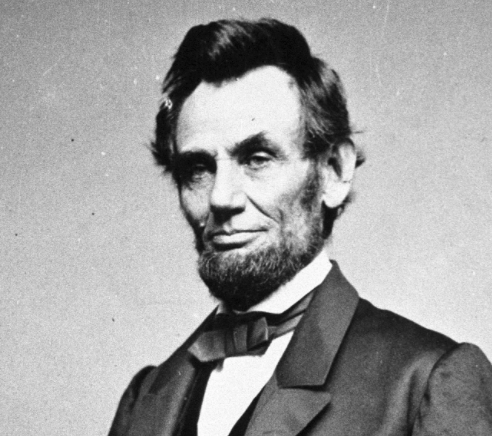
The history of abolition would not be complete without the towering influence of Abraham Lincoln. Although the U.S. President held views on race almost distinguishable from his Southern counterpart, Jefferson Davis, he was singularly committed to ending slavery so long as it could be done as a part of ending the Civil War.
Lincoln issued the Emancipation Proclamation on January 1, 1863. Lincoln said…
“That on the first day of January, in the year of our Lord one thousand eight hundred and sixty-three, all persons held as slaves within any State or designated part of a State, the people whereof shall then be in rebellion against the United States, shall be then, thenceforward, and forever free;
Robert E. Lee might be at first viewed unfavorably as it relates to Juneteenth, but all Americans – both of the Union and the Confederacy – owe him a debt of gratitude for taking into the consideration the immeasurable toll of death and bloodshed in his decision to surrender to General Grant on April 9, 1865.
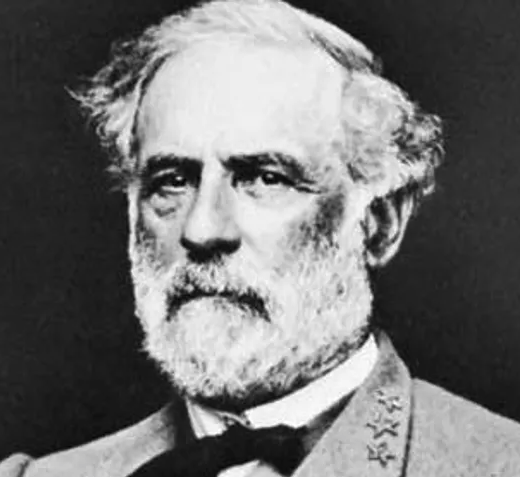
Lee would have been in a position to continue fighting a battle that would have carried on for years. But when faced with the facts and figures, Lee erred on the side of human life and surrendered as a gentleman to the immoral brute, Ulysses S. Grant. Additionally, instead of instigating trouble for the Union, Lee encouraged the South to lay down their animosities and “become Americans again.”
There is little doubt the Union and Confederacy could have been united peacefully and quickly without the decision-making and post-war conciliations of General Lee. And there is little doubt that slaves could have integrated into Southern society without support from the general.
Russell Moore’s favorite pop-culture figure, Johnny Cash, agreed.
The man who once wrote to his wife before the war, “In this enlightened age, there are few I believe, but what will acknowledge, that slavery as an institution, is a moral & political evil in any Country.” And after the war, Lee took the presidency of Washington College and rebuked the students for harassing black youth and black churches; he even expelled a student for mistreating a black person.
Lee would go on to write…
Everyone with whom I associate expresses kind feelings towards the freedmen. They wish to see them get on in the world, and particularly to take up some occupation for a living and to turn their hands to some work.”
The story of race in America is a complicated one. But it should not be lost on us on June 19 that 360 thousand men (only ten-percent were black) died to free the slaves. Hundreds of thousands of white wives and mothers mourned the loss of their husbands and sons for the cause of abolitions. Reparations for slavery were paid for in the blood of these great heroes.
So far from engaging in a war perpetuate slavery, I have rejoiced that slavery is abolished. I believe it will be great for the interests of the south. So fully am I satisfied with this, as regards Virginia especially, that I would cheerfully have lost all I have lost the war, and have suffered all I have suffered, to have this object attained.
Robert E. Lee, to John Leyburn on May 1, 1870
Juneteenth should be bringing both white Americans and black Americans together in celebration of the sacrifice made to carry out the promises of America’s founding.

